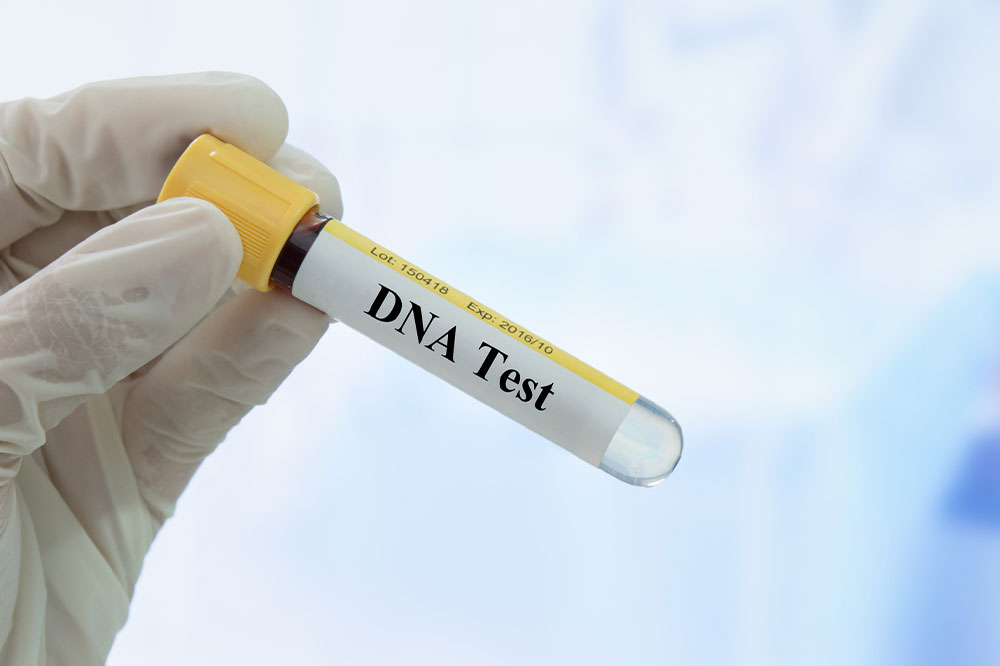Essential Insights Before Undergoing a DNA Test
This article provides essential information about DNA testing, including what it involves, its benefits and drawbacks, choosing the right service provider, and understanding different test types. It aims to help individuals make informed decisions about DNA analysis, highlighting privacy considerations and the significance of selecting appropriate testing methods for ancestry or health insights.

Important Considerations Before Taking a DNA Test
Key Factors to Know Prior to DNA Testing
DNA, or deoxyribonucleic acid, contains our genetic blueprint that influences growth, health, and traits. While DNA testing isn’t yet mainstream, increasing numbers of people are exploring this option. If you’re thinking about getting tested, it’s helpful to understand what the process entails and its implications.
Beyond basic methods like saliva or hair samples, here are essential facts to consider before proceeding with a DNA test:
Understand what DNA Testing Entails
DNA testing can reveal more than ancestry — it can provide insights into health, physical traits, and capabilities. Some companies store your genetic data for research purposes, which could impact your privacy. The primary goal for many is to trace lineage and discover unknown relatives.
Potential Drawbacks to Consider
Despite benefits, DNA testing raises privacy concerns since genetic data is unique to each individual. Risks include data breaches and unexpected results, such as misattributed parentage, which may cause emotional distress.
Select a Reliable Service Provider
Choosing the right provider is crucial. For ancestry, consider those with extensive databases for more accurate results. For medical insights, opt for providers with proven expertise in health-related genetic testing.
Do Your Homework
Understanding the basics of DNA structure helps interpret results accurately. DNA is like a code inherited from both parents, encoding traits and characteristics that shape your biology.
Know Your Test Options
Differentiating between autosomal, mitochondrial (mtDNA), and Y-DNA tests is important. Autosomal tests are most common, suitable for both genders, and provide broad insights. Each type offers distinct advantages and limitations based on your testing goals.










